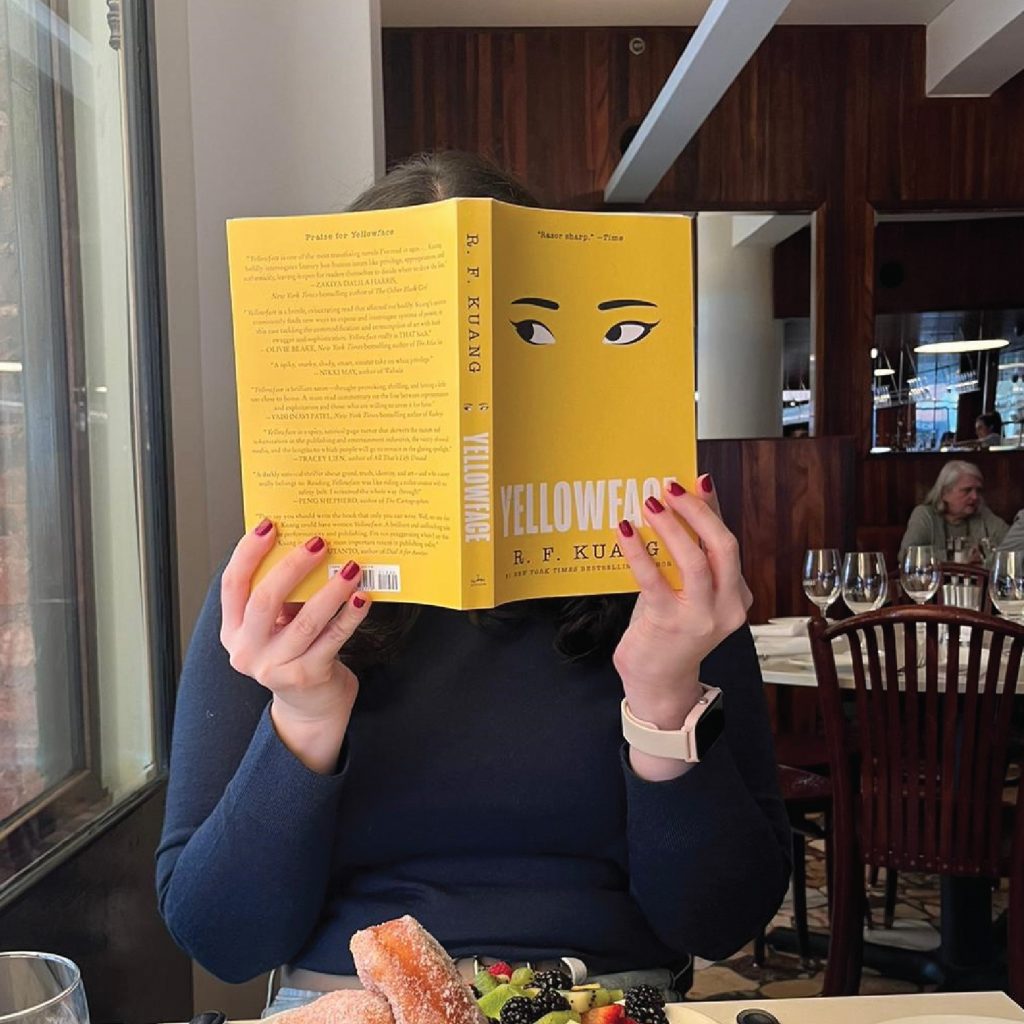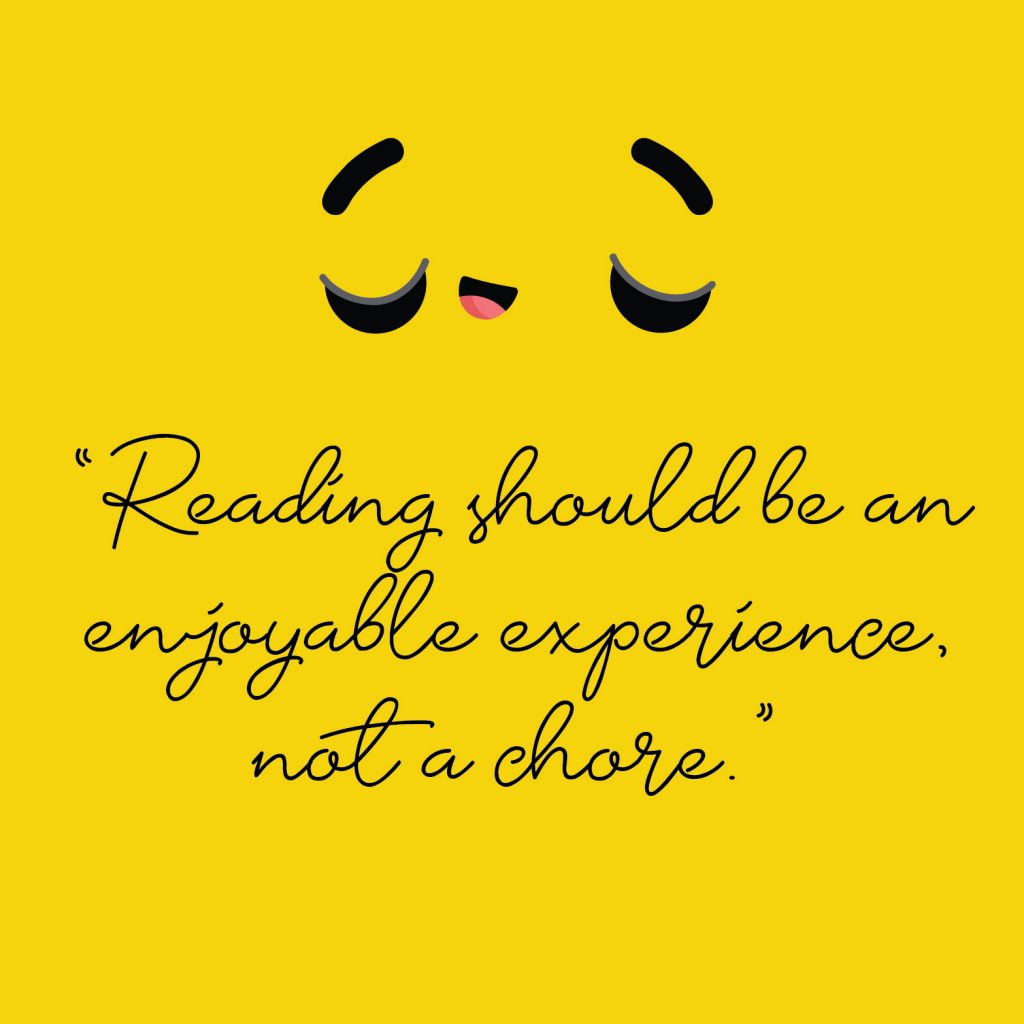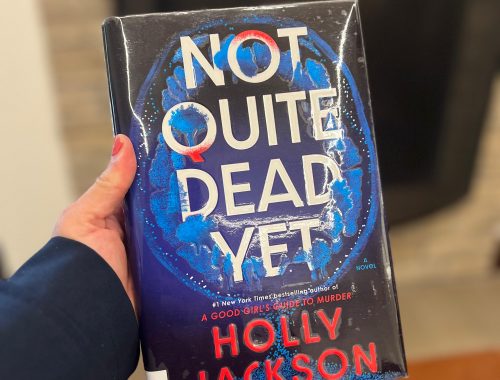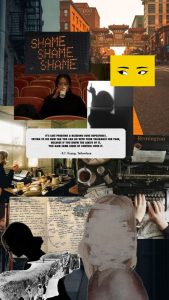
Yellowface – Stolen story
February's pick! Would you take credit for someone else's work?
Athena Liu is a literary darling and June Hayward is literally nobody.
White lies
When Athena dies in a freak accident, June steals her unpublished manuscript and publishes it as her own under the ambiguous name Juniper Song.
Dark humour
But as evidence threatens June’s stolen success, she will discover exactly how far she will go to keep what she thinks she deserves.
Deadly consequences…
What happens next is entirely everyone else’s fault.

Rebecca F. Kuang is a Marshall Scholar, translator, and award-winning, #1 New York Times bestselling author of the Poppy War trilogy and Babel: An Arcane History, among others. She has an MPhil in Chinese Studies from Cambridge and an MSc in Contemporary Chinese Studies from Oxford; she is now pursuing a PhD in East Asian Languages and Literatures at Yale.
YELLOWFACE means: the practice of white actors changing their appearance with makeup in order to play East Asian characters in movies, plays, etc.
Plot Summary
Yellowface is a satirical thriller centered on June Hayward, a mediocre white author whose career explodes after she steals the finished manuscript of her literary star friend, Athena Liu. The novel is a critique of the publishing industry, cultural appropriation, and white privilege.
The Theft and Publication
June is intensely jealous of Athena, a talented Chinese American author and her college friend. After a night of drinking, Athena chokes on a pancake and dies. June seizes the opportunity, taking Athena’s finished, unpublished manuscript, The Last Front, a historical novel about the forgotten Chinese Labour Corps in World War I.
June initially justifies editing the work as a writing exercise but soon decides it’s her destiny to publish it. Her new publisher, Eden Press, suggests she use the racially ambiguous pen name Juniper Song and an ambiguous photo to market the book. June and her editor, Daniella, fundamentally change the novel to make it more palatable to a white audience, removing cultural specificity and softening racist white characters. June ruthlessly fires an editorial assistant, Candice Lee, who suggests using a sensitivity reader, ensuring her secret remains safe.
Success, Scrutiny, and Scandal
The Last Front becomes a massive hit, but the success is soon followed by a wave of criticism accusing June of cultural appropriation and stereotyping Chinese characters. June struggles with the online backlash, which culminates in a viral Twitter account, @AthenaLiusGhost, that claims she stole the work. June tracks the account to Geoffrey Carlino, Athena’s bitter ex-boyfriend, who attempts to extort her. June counters his threat with a recording, silencing him and temporarily stopping the scandal.
Despite the controversy, June’s popularity with right-wing readers keeps her sales up. She attempts to write an original novel but, unable to do so, steals another paragraph from Athena’s notes, leading to a new scandal. Desperate for redemption, June plans a pseudo-autobiographical tell-all about her complex relationship with Athena.
The Climax and the Endless Cycle
Athena’s old Instagram account reactivates, haunting June. She messages the account and agrees to a meeting. At the meeting, Candice Lee reveals she controls the account and gets June to confess everything. Candice plans to use the confession to launch her own career. June attacks Candice to destroy the evidence, but Candice pushes June down a flight of stairs.
June wakes up in the hospital with severe injuries. Days later, Candice publicly announces June’s confession. Unfazed, June decides to write a counter tell-all, a heroic self-redemption story, confident that her white privilege will grant her endless opportunities to clear her name in the public eye.
Drinks on the Books

Citrus Shimmer
2 Tbsp Orange Juice
1 Tbsp limoncello
6 Tbps Prosecco
Lemon Twist
Ice Cubes
Fresh Peach Prosecco Frizz
1/2 Fresh Peach
2 Fresh Mint Leaves
3 Tbps Brandy
1 Tbps Fresh Lemon Juice
1/4 Chilled Prosecco
Peach slides, Lemon twist

Reading into the book
We are 50% into the book and so far the narrative’s been slow, Juniper Song took advantage of her “best friend’s” death, stole her manuscript and wrote the story as her own, then she has to embrace a group of haters that find the similarities between Athena’s books and The Last Front.
There is a comparison in the book of Juniper Song and Scarlet Johansson, were she played as Japanese girl in the movie Ghost in the Shell, referring to a yellowface example.
Do you think Scarlet Johansson looks like an Asian in that movie?

What to wear
Character Analysis
June Hayward
is the novel’s protagonist and unreliable narrator, driven by intense insecurity and a desperate obsession with achieving literary success. This obsession fuels her jealousy of her friend, Athena Liu, leading her to steal Athena’s finished manuscript, The Last Front.
June’s unreliability is evident in her rapidly changing perception of the stolen novel. Initially, she’s “awestruck” by Athena’s talent, but as her lie solidifies, she convinces herself that Athena’s version was “utterly unpublishable” and that the book succeeds only because of her. Her character is foreshadowed by her name, June, derived from the Roman goddess Juno, a jealous queen who ruthlessly punishes rivals. June’s jealousy is so consuming that she believes her own opportunities were stolen by authors of color. Her descent is complete when she contemplates murder to protect her secret, transforming her from a plagiarist into someone willing to commit extreme violence to preserve her success.
Athena Liu
functions as June’s foil, embodying everything June aspires to be: successful, graceful, and critically acclaimed. Although she dies in the first chapter, Athena’s presence is felt throughout the novel as the subject of June’s envy and the haunting critical voice in June’s mind. June and her ex-boyfriend, Geoff, characterize Athena as a “thief” who used their private pain for her writing, a claim June uses to justify her own plagiarism. Athena’s true story is lost, trapped beneath June’s skewed, self-serving narrative and the industry’s focus on scandal and racial tropes.
Candice Lee
is initially introduced as an editorial assistant who rightly raises concerns about the need for a sensitivity reader for The Last Front. June, threatened by Candice’s legitimate critique, dismisses her as a stereotypical marginalized voice and has her fired. Candice returns as June’s true, secret antagonist, controlling the viral social media account @AthenaLiusGhost. Candice is driven by her own desire for a career, and she ruthlessly manipulates June into a confession to launch her own tell-all book. June recognizes herself in Candice, realizing the toxicity and desperation the publishing world instills. Candice ultimately becomes a hero to the marginalized voices June tried to silence and an agent of consequence for June’s actions.
Geoffrey Carlino
Athena’s ex-boyfriend, serves as a complex figure: at times an antagonist, an ally, and a warning to June. He initially attempts to extort June using his knowledge of the stolen manuscript but later sympathizes with her feelings about Athena’s exploitative writing. Geoff is a warning to June; his own literary career failed due to the racist themes in his work, and he faded into oblivion. He is the prime example of a white author whose public image—and the public’s judgment—made his return impossible. While June witnesses his downfall, she remains determined to manipulate the narrative using her privilege to avoid the same fate.








Bookclub questions
General Impressions
June’s Redemption and Compassion: Are there any moments in Yellowface where you felt that June’s character was redeemable? Discuss specific instances where her dark humor or feelings of desperation made you feel compassion for her, despite her acts of plagiarism and cultural appropriation.
The Role of Dark Humor: How does the novel’s use of dark humor affect your perception of June’s plagiarism? Does this stylistic choice make her unethical actions easier to accept, or does it heighten the satire? How would the story change if the plagiarism were treated with unvarnished seriousness, and how would that affect your view of June?
Personal Reflection and Connection
Have you ever experienced a friendship marked by an intense sense of rivalry or betrayal? How does that personal experience shape your interpretation of the complex relationship between June and Athena and the circumstances of Athena’s death?
Did you ever find yourself hoping that June’s deceitful plans would succeed? What does this tell you about the nature of public shaming and the desire for private success, even when the behavior is unethical?
Have you ever felt that you didn’t deserve to take up social or professional space, or, conversely, when did you feel included because of your identity? Has your identity ever granted you an inclusion that others were denied?
What emotions did June’s actions initially provoke in you (anger, fear, compassion, etc.)? How did those emotions change as you watched June fall deeper into her own trap?
Societal and Cultural Context
Can Yellowface be read as a criticism of the lack of opportunity for non-marginalized voices in the publishing world, or does it also suggest that white authors feel marginalized? How does the novel critique the industry’s focus on diversity and inclusivity?
How does June successfully evade accountability throughout the novel? In what ways is this evasion a product of her white privilege, or a reflection of a deeply ingrained cultural impulse to protect one’s reputation?
Literary Analysis
Trace June’s moral decay: How does her initial desperation evolve into active corruption and plagiarism? What lies and manipulations are necessary to sustain her stolen identity, and how do these acts pull her deeper into moral ruin?
Compare the scandal in the novel to real-life literary fabrication cases. How does the book suggest that an author’s fame may lead to harsher scrutiny and less forgiveness when their fabrications are exposed?
How is social media a double-edged sword for June? How does she use it to maintain her appropriated identity, and how does the same platform ultimately fuel her downfall? Could June’s crime have been forgotten in an era before social media?
How does June’s success—and the publisher’s willingness to stand by her—reflect both readers’ appetites and the publishing industry’s focus on the appearance of diversity rather than genuine inclusivity?
Creative Engagement
Imagine Athena is able to communicate with June after the betrayal. Write a brief one-paragraph statement from Athena’s perspective about June’s actions. Then, write June’s one-paragraph response. What emotions are present in each voice?
Imagine you are advising June’s crisis management team following her public exposure. What is your advice regarding taking full accountability? Would this help or hurt her ability to continue writing, and what next steps would you advise?
You May Also Like

The Fury
August 5, 2024
My book club is WELL RED
May 10, 2023







